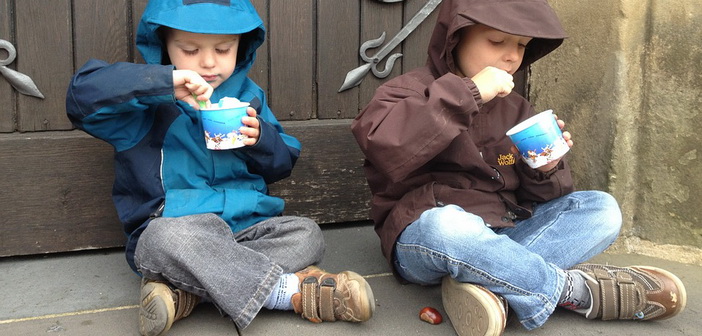Factories producing substandard snacks will experience renovation or shutdowns, as China is launching a large-scale campaign aimed at poor quality snacks sold near schools, according to an official announcement released by the State Administration of Market Regulation on April 24.
According to the Administration, stricter regulations will be implemented towards factories that produce snacks including soft drinks, and they will crack down on those factories with unsanitary producing conditions or using substandard ingredients, and cut off their sales channels. Random inspections of the factories will be conducted regularly at the same time.
Besides stricter inspections and closures of substandard factories, local education authorities are been urged by the food authority to conduct educational campaigns for both students and their parents on food safety. Food authorities also encourage students to report those products without manufacturing dates, or those that fail to identify the producers.
Chu Zhaohui, a senior researcher at the National Institute of Education, said that children are especially attracted to those snacks, which often use excessive quantities of preservatives and additives.
In June last year, Beijing has witnessed a campaign against unhealthy snacks in wholesale markets and shops near schools, with a total of 6,100 kilograms of substandard snacks removed from shop shelves in the city.
According to Chu, despite the positive results yielded by these previous shutdowns, substandard snacks are still commonplace.
“Junk food is a problem that threatens children’s health more commonly for those who are from less privileged families”, Chu added.
Food safety has become a massive concern in China in recent years, with a most recent scandal that leftovers from Beijing restaurants are used as swill to feed pigs, which triggered people’s concern on the pork quality and the potential health problems it may cause.
The State Administration of Market Regulation, the newly-established regulatory administration that now oversees the former China Food and Drug Administration, is expected to implement stricter regulation to ensure food safety across various aspects.




